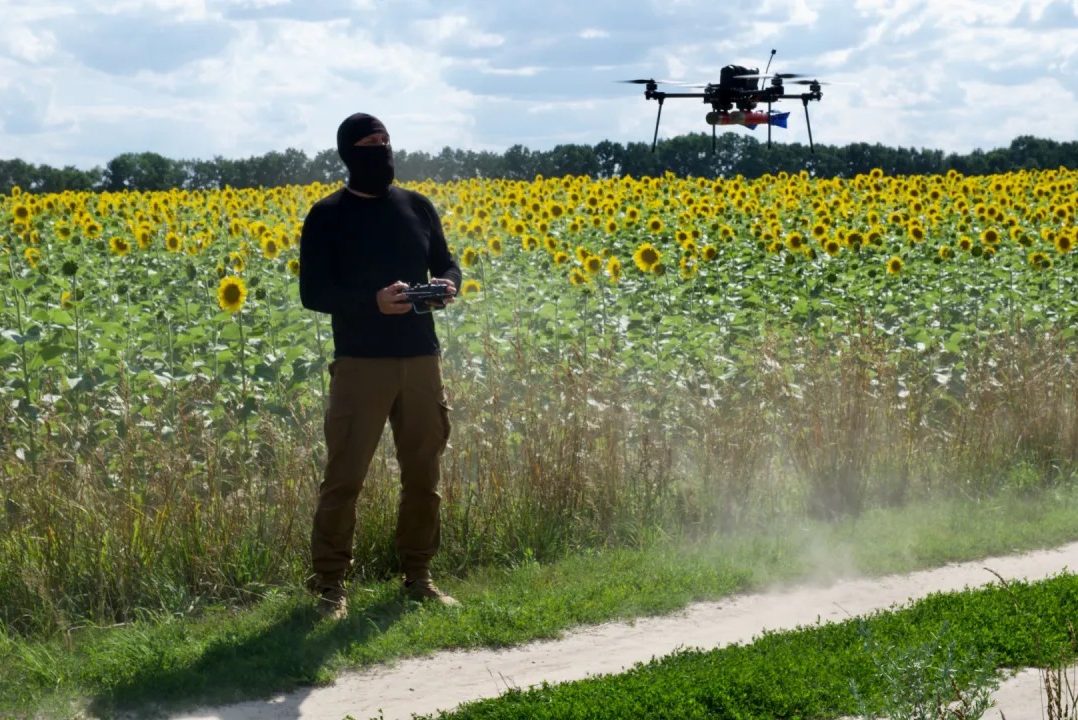The strategic bankruptcy of the West has twice so far this century demanded that our brave soldiers risk their bodies and minds to fight unwinnable wars. The lessons to be learnt from Iraq and Afghanistan, and indeed from Libya, Syria and the Sahel, are many; but the original sin was hubris, born of post-Cold War military preponderance and successes in Sierra Leone, Ulster and Kosovo.
The consequence of our arrogance, when 9/11 demanded action, was that we failed properly to interrogate, and so to grasp, either the character of the specific conflicts into which we jumped, or the fundamental nature of war itself. Lack of understanding of the particular dynamics of Iraqi and Afghan society was exacerbated by a tendency to conceive of war in general as the rational “continuation of politics by other means.” We treated it as a puzzle to be picked apart and solved bit by bit, rather than as a complex domain of radical uncertainty which calls for a more instinctive, intuitive approach and the ability to see the picture as a whole.
If we want to make better decisions about when, why and how we might use lethal force in the future, we need to start by rethinking the concept of war itself. We will only be able to do that successfully if we are able to distinguish between those aspects of war which have genuinely changed and those which in fact constitute continuities. And that means we will have to explore the history of war once more.
Jeremy Black’s latest book tries to contribute to that exploration, offering “an analysis of the past, a perspective on the present, and a prospectus for the future.” Much of it consists of a whistlestop tour through the history of war, from caveman to the end of the Cold War. At first, the pace is dizzying. It’s like sightseeing from a bullet train: by the time you’ve worked out where you are, you are miles further down the track. Rome rises and falls in 12 pages; Hyskos, Hittites, Hannibal — all begin to blur into one. About halfway through, however, gunpowder arrives, the frenetic pace abates, the author moves on to home ground and he starts to offer more sustained analysis. The story continues up to 2020. This is a feat of remarkable compression and erudition.
Black is trying to make two main points. First, that a history of war which focuses solely or primarily on how the West beat the rest is an incomplete account. The development of warfare in India, Africa or the Americas deserves attention because it occupies an important share of historical space and is interesting in its own right. Further, it forces us to reimagine traditional narratives which see military leadership as a game of Pass the Parcel, played by Gustavus Adolphus, Louis XIV, Frederick the Great and Napoleon. These make little sense viewed from Delhi or Beijing. The second, linked, point is that there is more to the history of war than the development of technology and weaponry. Cultural and social change, religion and ideology are just some of the factors which drive the changing shape of war.
These points feed back into Black’s discussion of the wars of today and tomorrow. He sees expanding urban populations competing for ever scarcer resources in a world roiled by climate change. The consequence will be a wave of insurgencies and civil wars across the new mega cities where more and more of us will live. Traditional regular militaries will struggle to cope with threats of this kind, especially while still trying to maintain hi-tech weapons systems and methods of fighting. The comfortable western assumption that technology will answer our problems, Black is saying, has been proved wrong in the past and will be again. If the West and its values are to prevail, we will need to find new ways of fighting that go beyond our historic preoccupation with decisive battle and the destruction of an enemy’s conventional armed forces — ways which will need to be founded in understanding the societies in which we seek to operate.
Black has written more books than Agatha Christie and Anthony Trollope combined. It is hardly surprising, therefore, that some of the ideas that crop up in A Short History of War have surfaced previously in his other work. Nor that such a short book, covering so much, at times has to trade depth for breadth. It is, however, studded with thought-provoking comparisons and insights and offers a handy introduction to the subject, and to Black’s œuvre.
This article was originally published in The Spectator’s UK magazine. Subscribe to the World edition here.

























